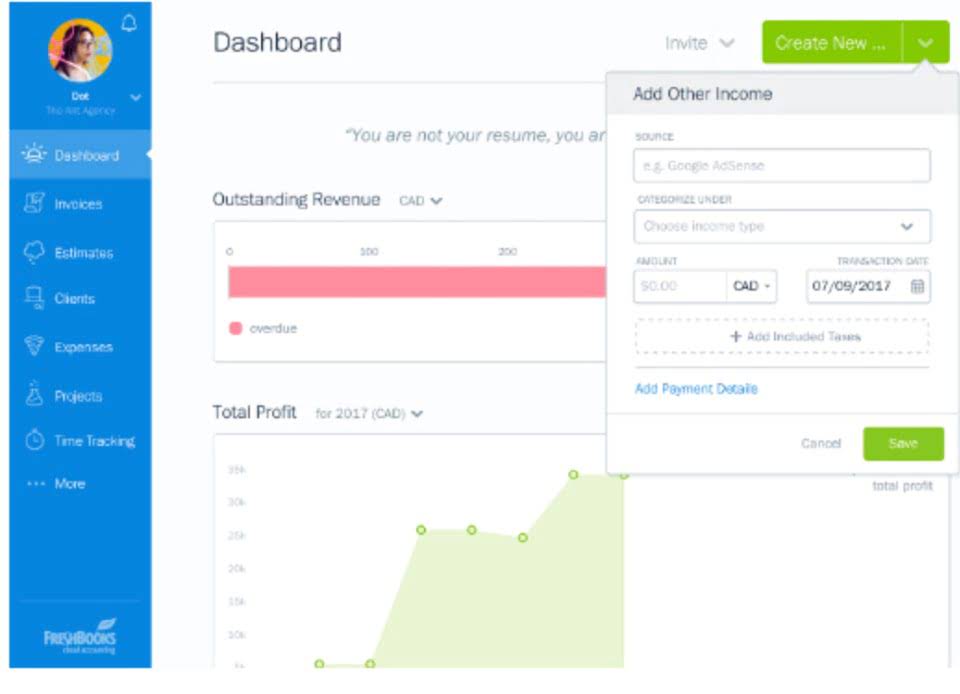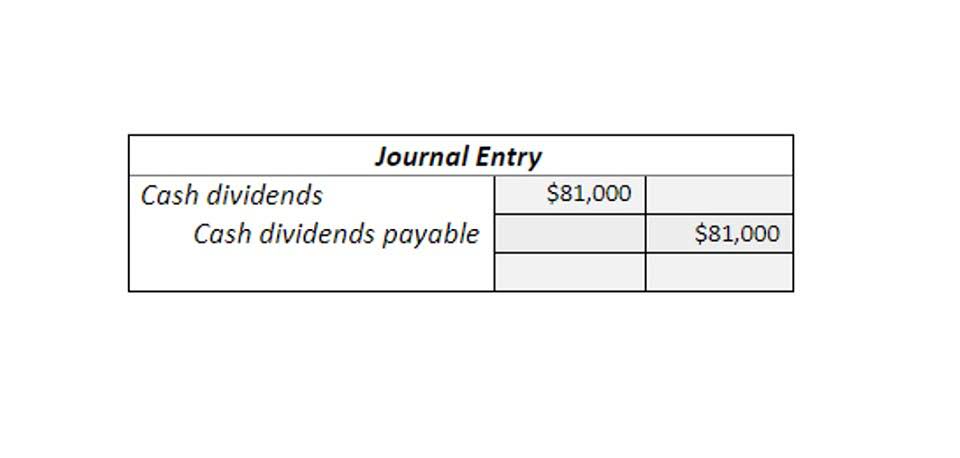
For economists, a country’s GDP reveals the size of the economy but provides little information about the standard of living in that country. The relationship between GNP and GNI is similar to the relationship between the production (output) approach and the income approach used to calculate GDP. Investment refers to private domestic investment or capital expenditures. Business investment is a critical component of GDP since it increases the productive capacity of an economy and boosts employment levels. If GDP growth rates accelerate, it may be a signal that the economy is overheating and the central bank may seek to raise interest rates. Conversely, central banks see a shrinking (or gross pay definition economics negative) GDP growth rate (i.e., a recession) as a signal that rates should be lowered and that stimulus may be necessary.
Does Gross Profit Include Tax?
Whether it’s an hourly rate or annual rate, the computation depends on the amount that is agreed upon by both the employer and employee. The amount, also called the pay rate, must be agreed upon in writing before the start of employment. As an employer, you’re responsible for deducting these expenses from an employee’s paycheck and making payments to the proper accounts before cutting the check or depositing the net pay into the employee’s bank account.
What Is the Difference Between Gross Income and Net Income?
She has a diverse background in recruiting and HR management and deeply understands the unique challenges presented to high-growth companies. Saray has strong managerial and business leadership skills, making her a relentless force in solving company issues. The higher someone’s DTI, the less likely a lender will want to loan money and the higher the interest rate on the loan will be. Ideally, DTI should be no higher than 35 percent; however, some lenders will lend as high as 50 percent DTI.
GDP and Investing
One way to address this is to look at GDP alongside another measure of economic development, such as the Human Development Index (HDI). Many economists argue that it is more accurate to use purchasing power parity GDP as a measure of national wealth. By this metric, China is the world leader with a 2023 PPP GDP of $34.64 trillion, followed by $27.36 trillion in the United States. In the U.S., the Fed collects data from multiple sources, including a country’s statistical agencies and The World Bank. The only drawback to using a Fed database is a lack of updating in GDP data and an absence of data for certain countries.

- Yes, gross income is the total amount of income a person or company has earned before deductions against that income.
- Ideally, DTI should be no higher than 35 percent; however, some lenders will lend as high as 50 percent DTI.
- For companies, gross income is interchangeable with gross margin or gross profit.
- The BEA releases are exhaustive and contain a wealth of detail, enabling economists and investors to obtain information and insights on various aspects of the economy.
- It is the amount of money you have before taxes and other adjustments are deducted.
Retirement plans aren’t mandatory, but many employees choose to contribute to one. In many cases, employers will offer a retirement plan through the company and may also contribute to retirement contributions as an incentive to draw workers to the company. If an employee elects to pay into a plan like a 401(k), this will be deducted from gross wages.
- Knowing how gross wages work helps you streamline your payroll process so you can make all necessary deductions before you send out paychecks.
- Therefore, this compensation may impact how, where and in what order products appear within listing categories, except where prohibited by law for our mortgage, home equity and other home lending products.
- In the U.S., the Bureau of Economic Analysis (BEA) publishes an advance release of quarterly GDP four weeks after the quarter ends and a final release three months after the quarter ends.
- Specifically, if the salary of the employee is not more than $455 per week or $23,660 per year, he or she must receive overtime pay whenever applicable.
- It is related to the concept of disposable income – income after tax and deductions.

Usually, an employee’s paycheck will state the gross pay as well as the take-home pay. If applicable, you’ll also need to add other sources of income that you have generated—gross, not net. Gross income for an individual—also known as gross pay when it’s on a paycheck—is an individual’s total earnings before taxes or other deductions. This includes income from all sources, not just employment, and is not limited to income received in cash; it also includes property or services received.
- A company’s gross earnings are reported periodically on its income statement.
- Gross earnings is how much income is generated by an individual before taxes, and for a business, it is the amount of income after costs of goods sold (COGS) are deducted from revenues.
- Employer payroll taxes are federal taxes that businesses must pay for each of their employees.
- Once a business calculates its gross earnings, it may subtract the rest of its business expenses, including costs such as utilities, loan repayments, office supplies, contractor fees, and many other expenses.
- The GDP of a country tends to increase when the total value of goods and services that domestic producers sell to foreign countries exceeds the total value of foreign goods and services that domestic consumers buy.
As long as the company is using a chart of accounts that allows tracking of revenue by product and cost by product, a company can see how much profit each product is making. A company calculates gross income to understand how the product-specific aspect of its business performed. By using gross income and limiting what expenses are included in the analysis, a company can better analyze what is driving success unearned revenue or failure. It’s easy to calculate gross pay, you just need to determine if you’re an hourly employee or a salaried employee.
Examples of gross income
Gross pay is the amount an employee earns before all deductions, including taxes, benefits, wage attachments and any other payroll deductions. Gross income is also used by lenders to determine how much they will allow someone to borrow for a loan, like an auto loan or mortgage. The lender will determine how much to lend based on the individual’s debt-to-income ratio, or DTI. The DTI is determined by dividing monthly debt payments by monthly gross income. The gross income for a business is calculated by totaling its gross revenue minus the cost of goods sold (COGS). Taxable income is a portion of net income and refers to the amount of income subject to tax, after deductions and exemptions.

Insurance plan payments
Meanwhile, it’s the responsibility of business owners and people who are self-employed, independent contractors or freelancers to pay their share of taxes from their gross income. However, individuals can protect themselves against inflation eroding their purchasing power by placing their earnings in investment vehicles that offer returns Food Truck Accounting higher than the prevailing rate of inflation. To understand individual gross earnings, consider Mr. Z, who earned a total of $50,000 for the recently completed fiscal year.





